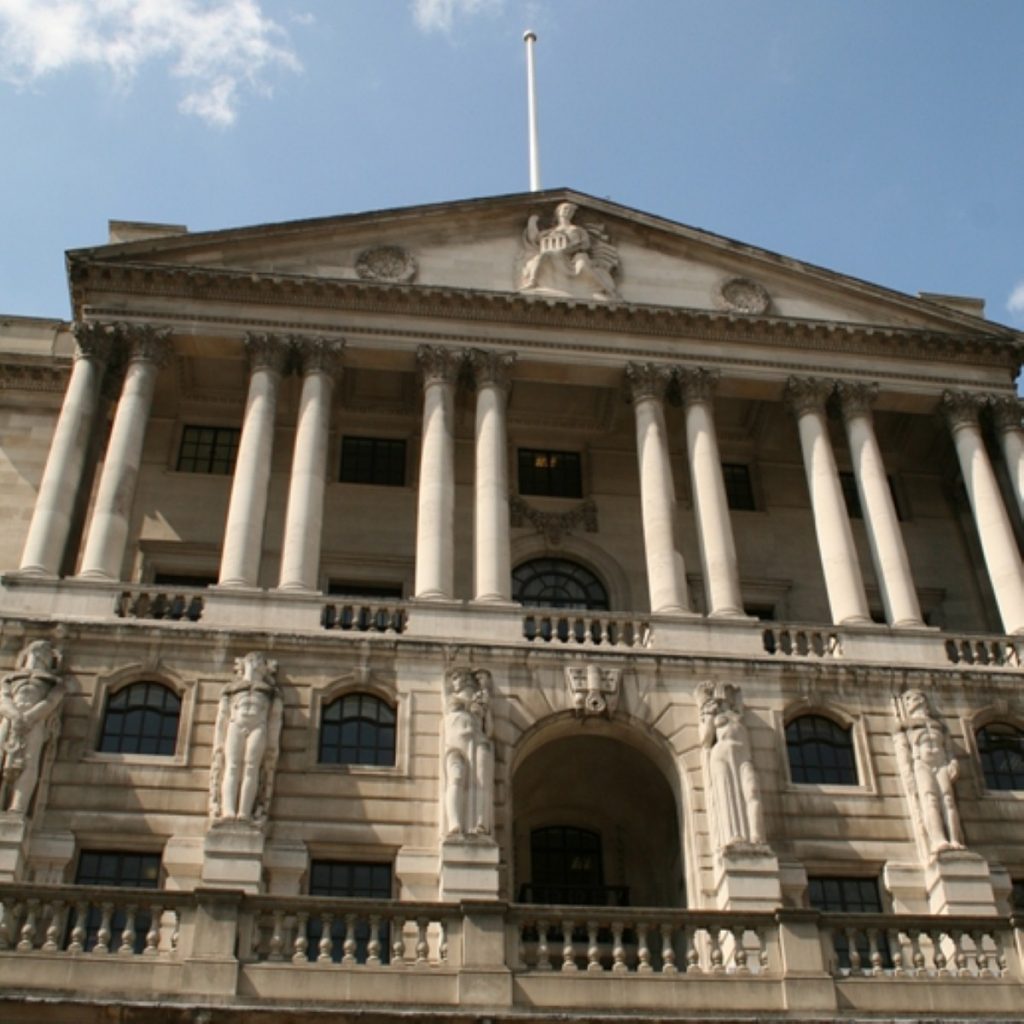King muses on bank break-ups
Britain’s biggest banks may have to be broken up, the governor of the Bank of England suggested last night.
In a speech to Scottish business organisations in Edinburgh last night Mervyn King confronted the ongoing problem of banks’ everyday activities and their riskier investment functions which contributed to excessive risk-taking in the run-up to last year’s global financial crisis.
“The massive support extended to the banking sector around the world, while necessary to avert economic disaster, has created possibly the biggest moral hazard in history,” Mr King said. “The ‘too important to fail’ problem is too important to ignore.”


He laid out “only two ways in which the problem can – in logic – be solved”.
Regulators could impose capital requirements on banks to reduce risk-taking, he suggested, before acknowledging this approach was flawed because the adequacy of this “buffer” could change swiftly. “Any fixed ration is bound to be arbitrary,” he said.
The second approach, Mr King explained, was shifting the emphasis of banking regulation to allow banks to become “too important to fail”. He listed a range of ways in which this, too, appeared “impractical”.
“The options may turn out to be separation of activities, on the one hand, or ever increasingly detailed regulatory oversight, with the costs that that entails for innovation in, and the efficiency of, the financial system, on the other,” he said.
Mr King’s comments were praised by shadow chancellor George Osborne, who said the speech was “powerful and persuasive”.
“His analysis of how the government’s system for regulating banks failed and how there has been ‘little real reform’ since is one I share,” he said.
The speech came as the Centre for Economics and Business Research published its own assessment of the return of bonuses to the City, which it said appeared unstoppable.

